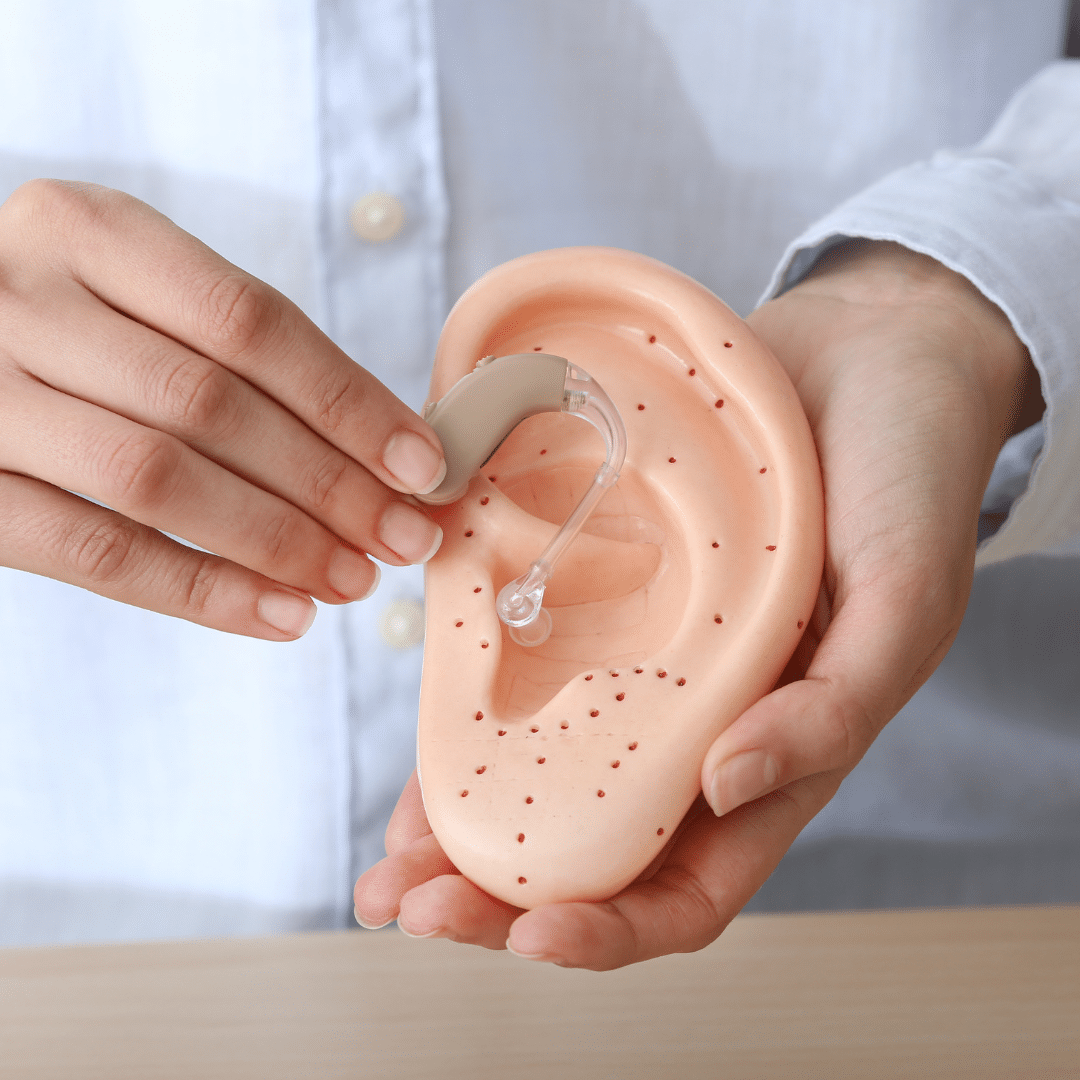We offer our gratitude to the brave individuals who served in the U.S. military and are now facing a different kind of path – Parkinson’s disease.
In the U.S., an estimated 60,000 individuals are diagnosed with Parkinson’s disease (PD) each year. Of the nearly 1 million Americans believed to be living with the disease, an estimated 110,000 of them are veterans.
We have an obligation as a nation to honor and take care of the brave individuals who served in the U.S. military. This is why America has the most comprehensive system of assistance for veterans with Parkinson’s than any other nation in the world.
The U.S. Department of Veterans Affairs (VA) provides healthcare, home loans, insurance, disability compensation and other services to veterans.
To better address the needs of veterans with Parkinson’s disease, in 2000, the VHA established six Parkinson’s Disease Research, Education and Clinical Centers (PADRECCs) for clinical care, education and research in 2001.
The six PADRECCs are located in:
- Los Angeles, California
- San Francisco, California
- Seattle, Washington
- Portland, Oregon
- Richmond, Virginia
- Houston, Texas
Veterans who have been diagnosed with Parkinson’s disease and those who have just started to notice Parkinson’s-like symptoms are eligible for treatment at the PADRECCs. Typically, veterans are referred to a PADRECC or a Consortium Center by a consult from their VA primary care provider or general neurologist.
The PADRECCs also treat veterans with other types of movement disorders including dystonia, essential tremor, restless leg syndrome and atypical Parkinsonian disorders such as Lewy body disease, progressive supranuclear palsy and multiple system atrophy.
Veterans living with Parkinson’s disease or other movement disorders who are unable to travel to a PADRECC have the option of visiting one of 51 consortium centers, which are VA clinics staffed by movement disorder specialists or clinicians with vast experience and/or interest in the field of movement disorders. Click here for a full list of centers.
Pension extras and caregiver services
Did you know that if you receive a military pension and have Parkinson’s disease, you may be able to receive extra pension money? The two types of extra payment are Aid and Attendance (A&A) and Housebound. You can receive one or the other, but not both at the same time.
Housebound is when a permanent disability keeps you essentially limited to one place. A&A is when you need assistance with daily living activities such as getting dressed, if you are bedridden, living in a nursing home or if you have limited vision.
Veterans with PD may be able to receive a disability benefit, which is a monthly tax-free payment. The amount may vary if you have dependents or if you receive other military payments.
The VA also offers benefits for special events or situations, such as a temporary 100% disability compensation for hospitalization, recovering from a surgery or unemployment; allowance to buy a vehicle that could accommodate a disability; or even an annual clothing allowance for those who require a wheelchair, prosthetics or other assisted living devices.
Caregivers for veterans with PD also have access to help through the VA, including respite care for when caregivers need to take a break, adult day healthcare and long-term care in a veterans’ facility or a medical foster home, which is a private home with trained caregiver services.
In some cases, veterans with Parkinson’s may have developed the disease as a result of their service.
Evidence shows that one cause of Parkinson’s disease may be exposure to pesticides or herbicides. During the Vietnam War, many veterans were exposed to Agent Orange, a mix of herbicides that was used by the U.S. military to defoliate trees and remove concealment for the enemy.
Veterans exposed to Agent Orange during military service may be eligible for a free Agent Orange Health Registry Exam along with healthcare benefits and disability compensation. Vietnam veterans with Parkinson’s disease may claim benefits without having to prove that their conditions are due to Agent Orange exposure.
In January 2017, the VA issued a ruling making it easier for certain former service members with Parkinson’s disease (PD) to receive disability benefits. The decision applies to individuals who were exposed to contaminants at U.S. Marine Corps Base Camp Lejeune, North Carolina, from Aug. 1, 1953 to Dec. 31, 1987, and were later diagnosed with PD.
It should be noted that there are other causes of Parkinson’s disease, and many people who develop PD were never exposed to high levels of pesticides or herbicides. And there are many people currently living with Parkinson’s who have never served in the U.S. military.
For more information about healthcare, pension and other services for veterans with Parkinson’s, visit https://www.parkinsons.va.gov/.



